Why knitting with yak yarn is SO satisfying!
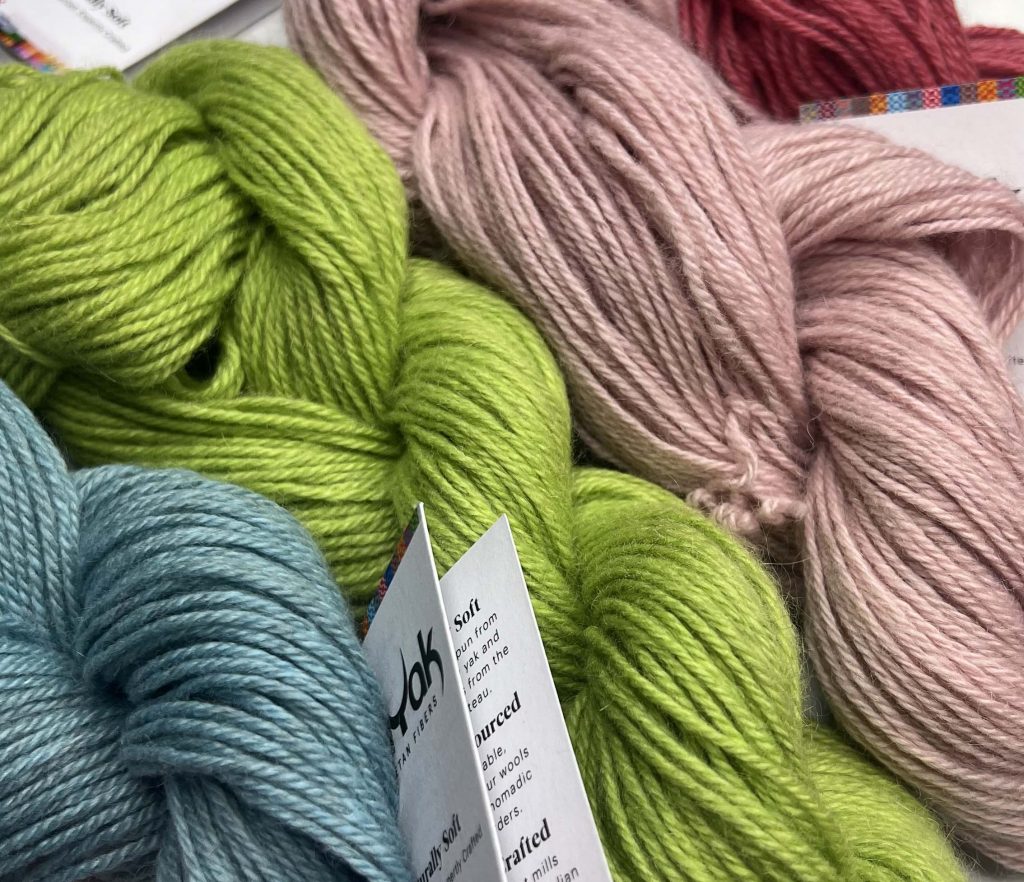
You’ve probably heard about yak yarn but wondered if it’s really worth the hype. Is it that much better than wool or alpaca? Get ready to find out why this fiber is taking the knitting world by storm. Lets explore what makes yak down so incredible, how it gets spun into the softest yarn around, and why it’s become the ultimate luxury for knitters. You’ll learn where this rare fiber comes from, what makes it stand out, and why you need to try yak yarn on your next project. We’ll also discuss the price – is it really worth it? After reading, you’ll be ready to get your hands on this soft, warm, and sustainable yarn that makes any finished piece extra special. Let’s dive in and find out if yak is the new yarn you should be knitting with! Want to see an amazing Yak Yarn? Checkout Myak Yak Yarn at fabulousyarn.com
What Makes Yak Yarn So Special?
Yak yarn is one of the most luxurious fibers for knitting. It’s extremely soft, lightweight, and insulating.
Premium Fiber
Yak yarn comes from the undercoat of the Tibetan yak, a long-haired bovine that lives in the Himalayas. This special undercoat hair is combed out during the molting season in the spring and summer. Since yaks can only be combed once a year, yak fiber is rare and prized.
Incredibly Soft and Warm
Yak yarn is finer than cashmere and softer than silk. Garments made from yak yarn feel buttery soft against the skin. Yak fiber is also hollow, which gives it excellent insulation for its light weight. Yak yarn garments are warm but breathable.
Sustainable and Ethical
Yaks provide food, transportation, and shelter for nomadic Tibetan herders. Combing the yaks for their soft undercoat fur allows the herders to generate extra income in a sustainable, humane way. Buying yak yarn supports these indigenous communities.
While yak yarn may cost more than wool or alpaca, its premium quality and ethical production make it well worth the investment. Yak yarn’s rarity, luxury, and comfort will make any handknit creation an heirloom to treasure for generations. For an unparalleled soft and sustainable knitting experience, yak yarn is in a class by itself.
The Luxurious Properties of Yak Fiber
A Natural Insulator
As a knitter, you know the importance of choosing a high-quality, natural fiber. Yak yarn is one of the warmest, softest options out there. Yak fiber comes from yaks, those shaggy bovine creatures that inhabit the Himalayan plateau. Their thick, downy undercoat provides excellent insulation in harsh, frigid conditions. When spun into yarn, it maintains these insulating properties.
Incredibly Soft and Lightweight
Yak yarn is amazingly soft, fine and lightweight. The individual fibers are hollow, making garments knit from yak yarn feel feather-light. Despite its lightness, yak yarn is also durable and able to withstand frequent use and washing. This combination of softness and strength is what gives yak yarn its luxurious feel.
Hypoallergenic and Moisture-Wicking
Yak yarn is naturally hypoallergenic, antistatic and moisture-wicking. For those with sensitive skin or allergies to wool, yak yarn provides an ideal alternative. Its hollow fibers efficiently absorb and release moisture, keeping you comfortably warm and dry.
Environmentally Friendly
Yaks are raised humanely on small farms, and all parts of the yak are used, so no waste is produced. Yak yarn is sustainably and ethically made, ensuring fair wages and good working conditions for all those involved in the production process. For the eco-conscious knitter, yak yarn is an excellent choice.
While more expensive than regular wool, yak yarn is a luxurious, ethical yarn that provides an unparalleled knitting experience. For your next project, indulge in the softness and warmth of yak yarn. Your fingers and your conscience will thank you.
How Yak Yarn Is Produced and Made Into Knitting Yarn
Shearing and Processing
Yak yarn begins with the shearing of yaks, typically once a year in the spring. The yak fleece is made up of soft downy underhair and longer, coarser outer guard hairs. The fleece is washed to remove dirt and oils before the finer down hair is separated from the guard hairs. The downy underhair is what is spun into the soft, luxurious yarn that yak is known for.
Spinning and Plying
The cleaned downy fibers are carded to align them in the same direction. They are then spun into a single ply yarn. Multiple single ply yarns are plied together, which means twisting them together in the opposite direction they were originally spun. This creates a balanced yarn that is less prone to twisting and tangling. The number of plies can range from 2-ply up to 6-ply for some yak yarns. In general, the higher the ply, the softer, fuller, and more durable the yarn will be.
Dyed in Beautiful Colors
Yak yarn is often dyed in rich, earthy tones that reflect the natural colors of the Tibetan landscape from which yaks originate. Deep browns, tans, and greys are common, but you can also find yak yarn dyed in dramatic jewel tones like sapphire blue, garnet red, and emerald green. The dyeing process uses low-impact dyes to color the yarn while still maintaining its natural softness.
Yak yarn is truly a luxury fiber, from its source in the remote Himalayan mountains to its final form as a skein of beautifully dyed, impossibly soft yarn. While it does come with a higher price tag, yak yarn is a delight to knit with and will produce garments and accessories that will last a lifetime. For a knitter looking to make a special project, yak yarn is worth every penny.
The Benefits of Knitting With Yak Yarn
A Natural Luxury Fiber
Yak yarn is considered a luxury fiber for good reason. It comes from the soft, downy undercoat of the yak, a long-haired bovine that lives high in the Himalayan mountains. This fine undercoat provides insulation and warmth for the yak. When spun into yarn, it results in a soft, lightweight, and breathable material that is perfect for knitting garments and accessories.
Incredibly Soft and Warm
Yak yarn is prized for being one of the softest natural fibers. It’s often compared to cashmere for its softness and ability to keep you warm without overheating. This makes yak yarn ideal for knitting sweaters, scarves, hats, and gloves. The softness also means that yak yarn won’t irritate sensitive skin. Whether you’re knitting for yourself or giving a handmade gift, the softness of yak yarn is sure to be appreciated.
Sustainable and Ethical
Yak yarn is an eco-friendly choice. Yaks are not killed or harmed during the collection of their soft undercoat. The fiber is collected during the yak’s annual molting in the spring and summer. Yak farmers gently comb and collect the loosened hair. This sustainable production and harvest means you can feel good about knitting with this luxurious natural fiber. It’s a cruelty-free, ethical alternative to materials like wool.
Worth the Investment
While more expensive than regular wool, yak yarn is worth the investment for its softness, warmth, and sustainability. A little goes a long way, as yak yarn is lightweight yet insulating. For a special project like a statement piece sweater or accessories that will last years, yak yarn is ideal. Its durability means that yak yarn garments can become heirlooms, passed down through generations. Any knitter will appreciate a skein of yak yarn as a gift. Treat yourself or a fellow knitting enthusiast—you won’t regret knitting with this premium natural fiber.
Conclusion
So what’s the takeaway here? At the end of the day, yak yarn offers a unique experience that’s hard to duplicate with other fibers. Between the softness, warmth, and durability, you get an amazing end product that lasts. And while the price tag might seem steep at first, you have to remember that it comes from high up in the Himalayas, is hand-processed by Tibetan herders, and takes real work to get into your hands. When you look at it that way, it’s worth every penny. So do yourself a favor and treat yourself to some yak yarn for your next project. Your fingers will thank you, and you’ll have something special that you can enjoy for years to come.

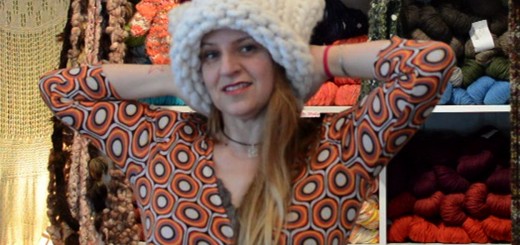
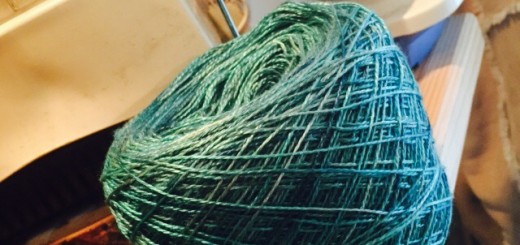
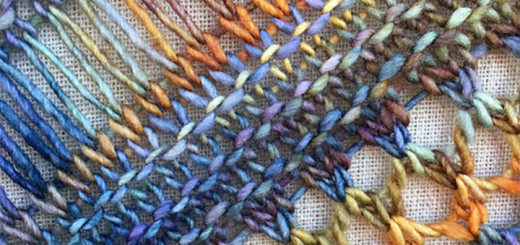
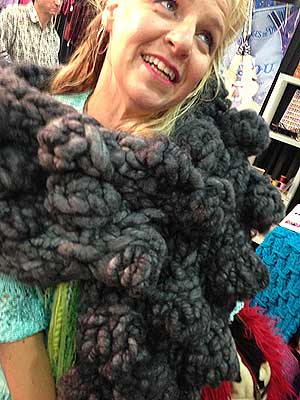 Heather Rocks (The Needles!)
Heather Rocks (The Needles!)